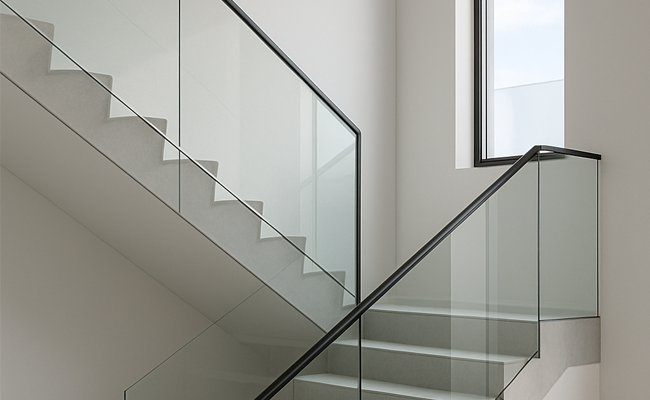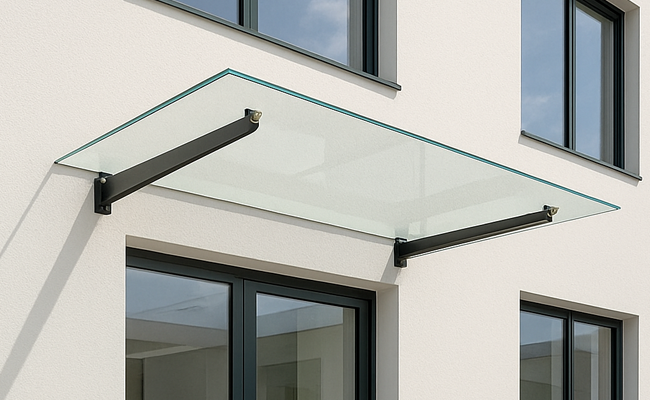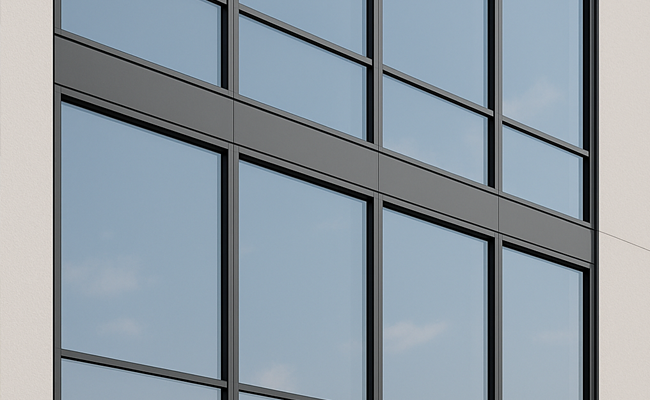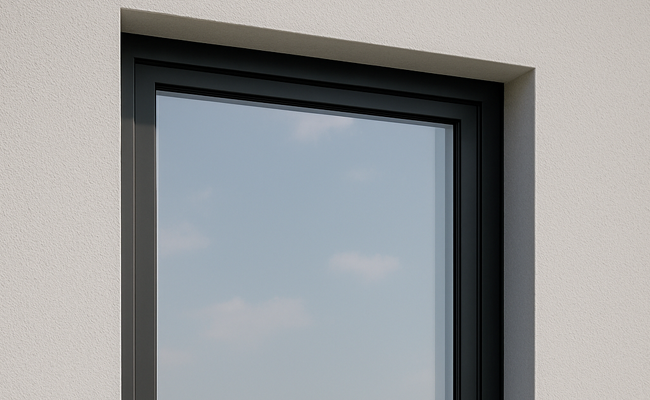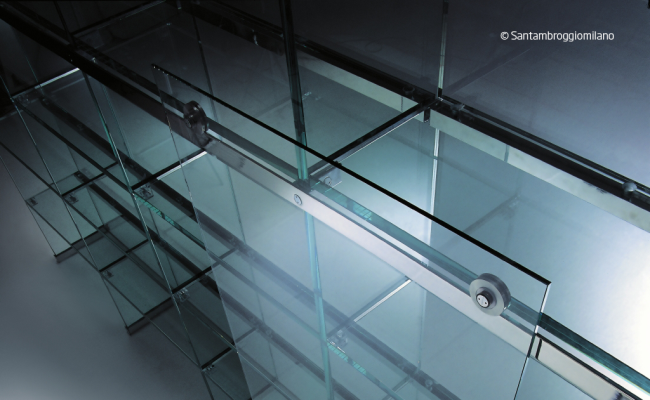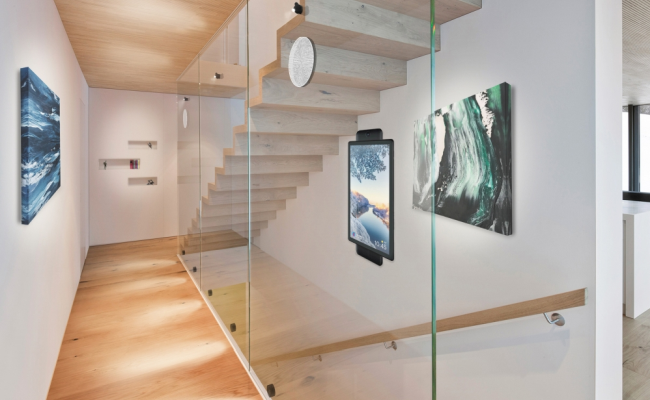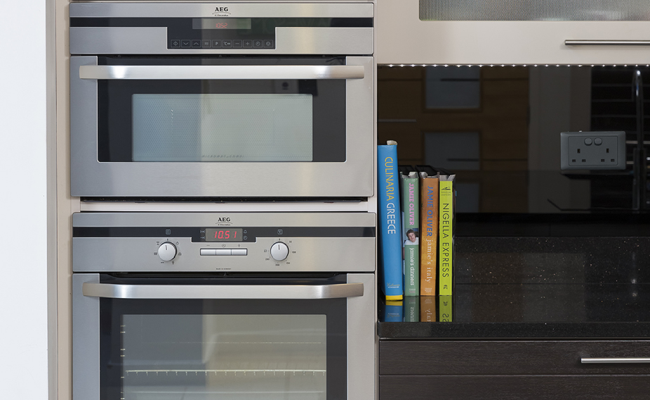Architectural and Technical Glass
Browse by Glass Application
Browse by Product Specific Application
Browse by Brand Name
A
Pilkington Activ™ Blue
Pilkington Activ™ Clear
Pilkington Activ™ Range
Pilkington Activ Suncool™
Pilkington Activ SunShade™
Pilkington Anti-Condensation Glass
Pilkington Arctic Blue™
Pilkington AviSafe™
D
E
Pilkington Eclipse Advantage™
Pilkington Eclipse™ Gold and Sunset Gold
Pilkington Eclipse™ Silver
Pilkington Enamelled Glass
Pilkington Endurance™
Pilkington Energy Advantage™
Pilkington EverGreen™
G
H
I
K
M
Pilkington Microwhite™
Pilkington Mirai™
Pilkington Mirropane™
Pilkington Mirropane™ Chrome
Pilkington MirroView™
N
O
Pilkington OptAR™ and Pilkington OptAR™ Plus
Pilkington Optifloat™ Clear
Pilkington Optifloat™ Opal
Pilkington Optifloat™ Tint
Pilkington Optilam™
Pilkington Optilam™ I Colour
Pilkington Optilam™ I Translucent White
Pilkington Optimirror™
Pilkington Optiphon™
Pilkington OptiShower™
Pilkington Optitherm™ Range
Pilkington Optitherm™ S1A
Pilkington Optitherm™ S3
Pilkington OptiView™
Pilkington OptiView™ Protect
Pilkington OptiView™ Protect OW
Pilkington OptiView™ Range
Pilkington OptiView™ Ultra
Pilkington Optiwhite™
Pilkington Optiwhite™ for Solar Applications
Pilkington Oriel Collection
P
Pilkington Profilit™
Pilkington Pyroclear®
Pilkington Pyrodur®
Pilkington Pyrostop®
Pilkington Pyrostop® Line
R
S
Pilkington SaniTise™
Pilkington Screen Printed Glass
Pilkington Solar-E™ and Pilkington Solar-E™ Plus
Pilkington Spacia™
Pilkington Spandrel Glass
Pilkington Spandrel Glass Coated
Pilkington Spandrel Glass Enamelled
Pilkington Spandrel Glass Silicone
Pilkington Suncool™
Pilkington Suncool™ OW
Pilkington Suncool™ Pro T
Pilkington Suncool™ Q
Pilkington Suncool™ Range
Pilkington Sunplus™ BIPV
Pilkington SunShade™ Silver
Pilkington SuperGrey™
Pilkington Superwhite™
T
Browse by Glass Application
Browse by Glass Application
Browse by Glass Application
Browse by Glass Application
Shading Coefficients
The total shading coefficient is a measure of the total amount of the sun's energy passing through the glazing (known as the total solar heat transmittance or g value) compared with that through a single clear glass. The shading coefficient (SC) is derived by comparing the solar radiant heat transmission properties of any glass with a clear float glass having a total solar heat transmittance of 0.87 (i.e. clear float glass of 3 or 4 mm thick).
The shading coefficient (SC) can be separated into long-wave and short-wave components, whose values are derived in exactly the same way, by comparing with the same property of 3 or 4 mm clear float:
- The short wavelength shading coefficient (SWSC) is the direct solar heat transmittance divided by 0.87.
- The long wavelength shading coefficient (LWSC) is the fraction of the absorptance released inwards, again divided by 0.87.
Spectrum Calculation Program
Pilkington Spectrum is a Windows-based glass performance model which enables you to quickly and efficiently calculate key properties of a wide range of single glazing and insulating glass units. Also available as an app for mobile devices, you can use Pilkington Spectrum to provide the following information:
- Light and solar properties (transmittance, reflectance, absorptance, g value, etc.).
- Centre pane Ug-value.
- Sound insulation values.
- Global Warming Potential (GWP), or carbon footprint.
- Ultra violet (uv) transmittance and colour rendering index (Ra).
- Other properties (e.g. pendulum body impact resistance, fire resistance, resistance to manual attack, etc.).
